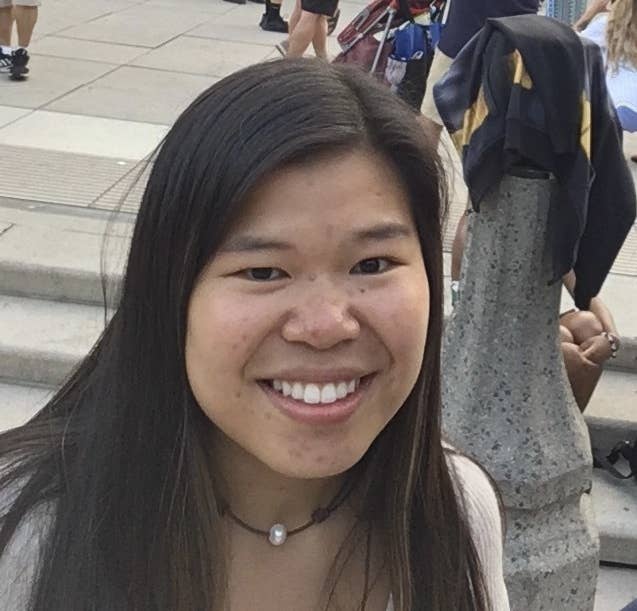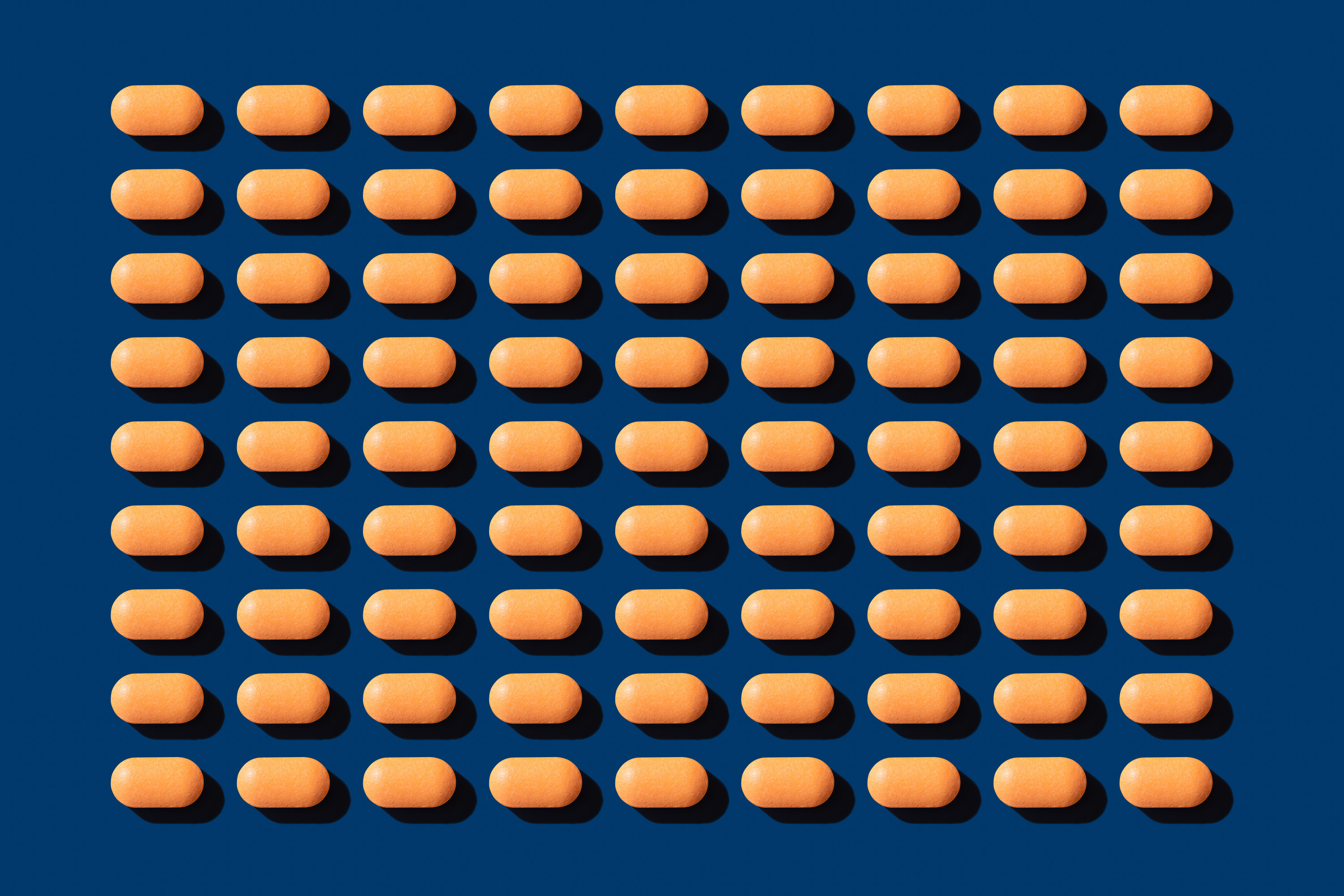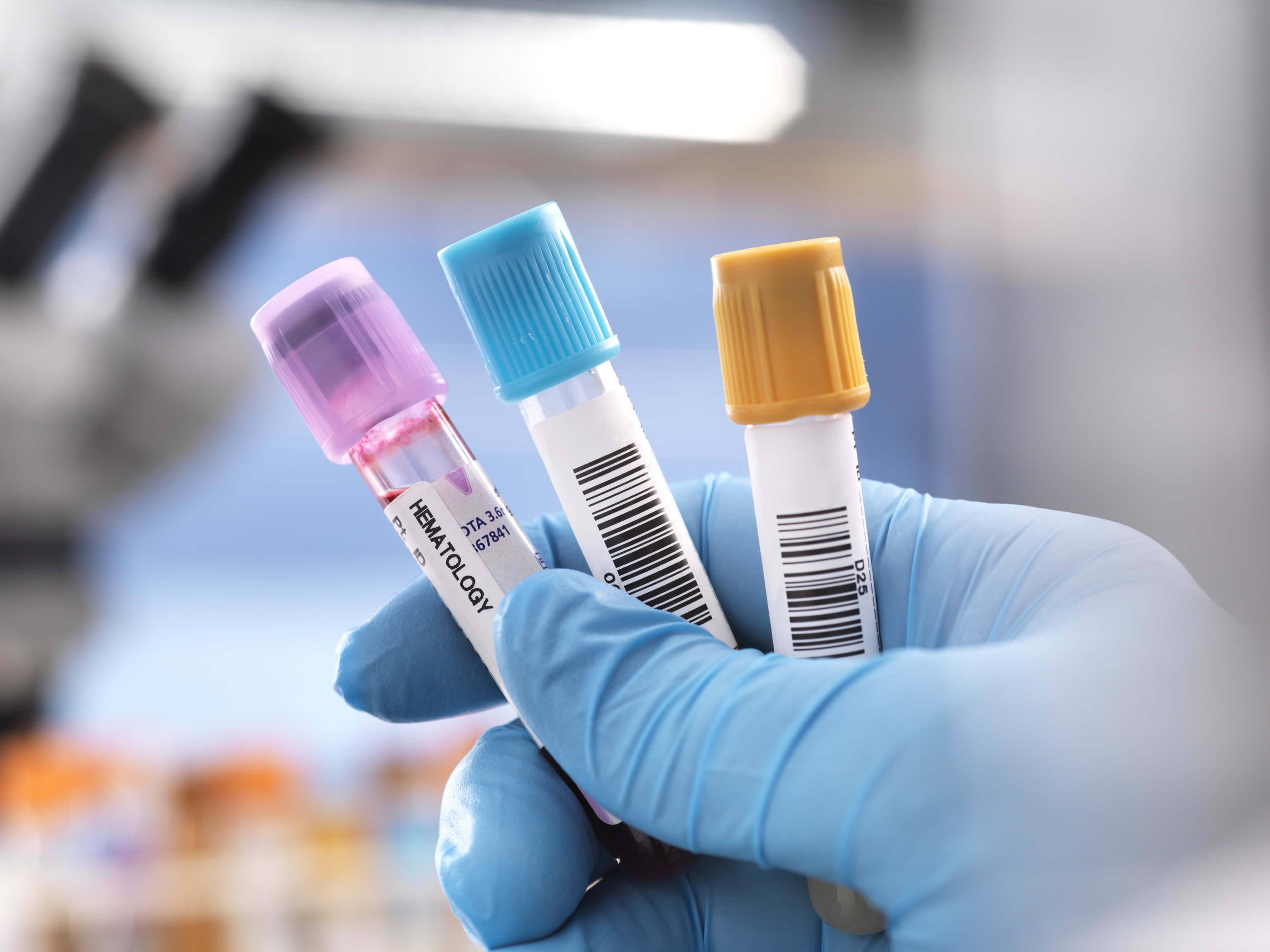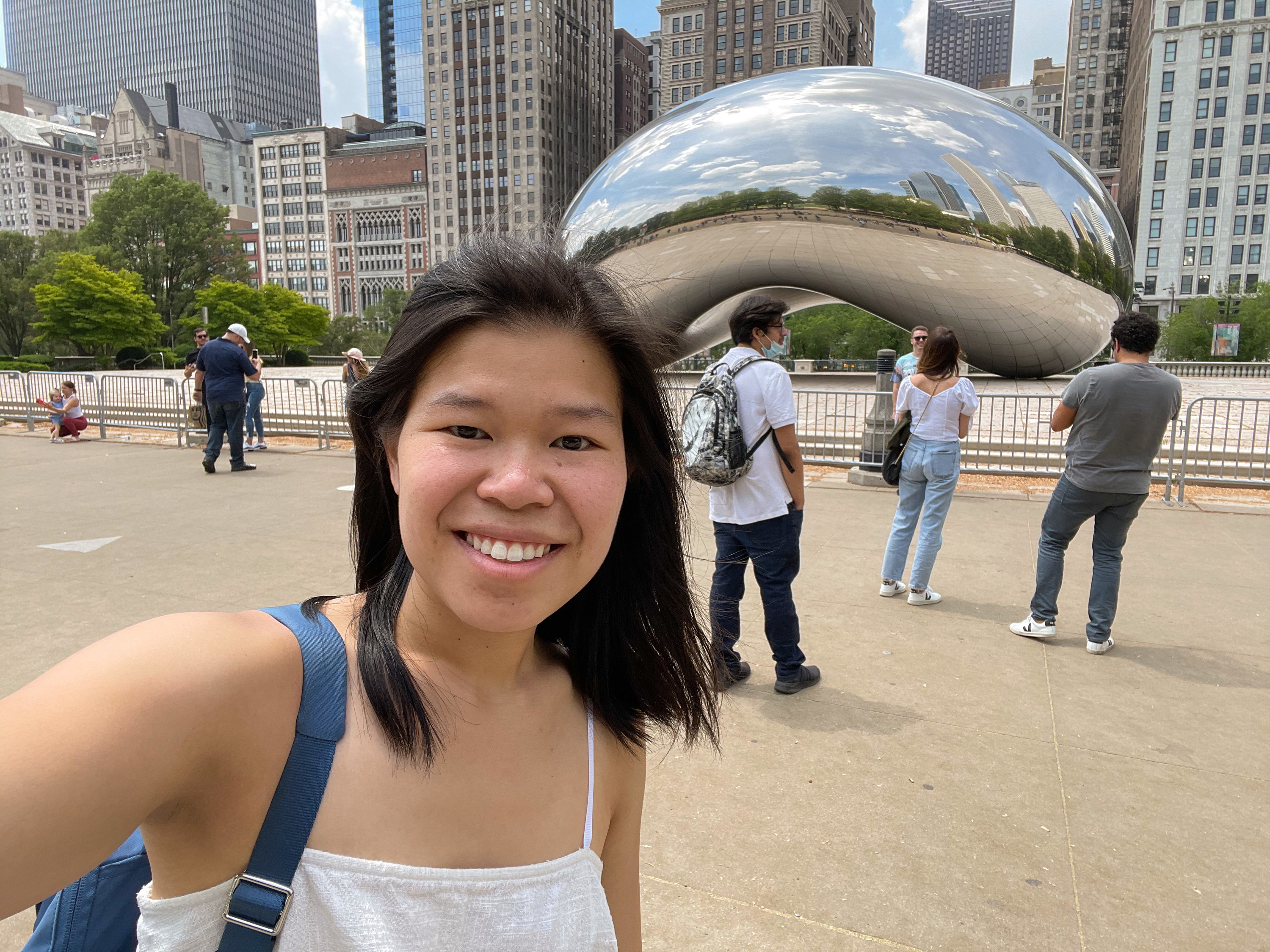Hi! I'm Inga, a 24-year-old woman who still battles the occasional pimple. But, let me tell you, it's thanks to Accutane that the battle isn't a full-blown war. Here's a makeup-free photo of me, a few years after my 6-month treatment.
For anyone who might not know, Accutane is a prescription drug used to treat and prevent moderate to severe acne.
It works by reducing the amount of oil released by glands in your skin. Because it’s quite powerful and can come with significant side effects, it’s typically only prescribed if your acne hasn’t responded to other treatments.
My acne started in early high school. It was never classified as severe — but it did inhibit my confidence. I never left the house without some sort of concealer to try and mask the embarrassing red bumps. Here's a photo from 2018, about six months before I started Accutane.

When I turned 21, I decided it was finally time to see a professional. I booked an appointment with a dermatologist to figure out if there was anything else that could be done.

After a few months of no improvement, my dermatologist said the last option we could try was Accutane.

In order to understand what exactly Accutane does to prevent acne, I asked Dr. Y. Claire Chang, a board-certified cosmetic dermatologist, to explain.
Because Accutane works by reducing oil secretion, one of the most common side effects of taking it is very dry skin and lips. I dealt with both over the course of my treatment.
The first few months, I was worried because I wasn't seeing any improvement. I still had my regular acne plus extremely flaky, dry skin — so there was no way I could cover up my pimples without looking like cracked leather. About four months in, though, I started to see some positive first signs.
It's also worth noting that I had to change my skincare routine during my course of treatment. Pre-Accutane, I used face cleansers meant for oily skin, but once Accutane reduced my oil production, I shifted to Cetaphil's gentle skin cleanser and have used it ever since.
Once the four-month mark hit, my skincare routine shortened to daily face cleansing and moisturizing. I no longer spent excessive time using concealer to cover up pimples, and my face's oil secretion finally leveled out so it wasn't so dry.
One unexpected pro of lowered oil secretion was that it made my hair less greasy. Typically, I have to wash my hair every day if I don't want to look like a total grease ball. However, on Accutane, I would go 3–4 days without having to wash my hair 😬. And let me tell you, that was a luxury! Sadly, now, I'm back to washing my hair every day.
The preparation for Accutane is quite extensive. It required ongoing blood tests, pregnancy tests, and an online questionnaire.

As mentioned, I took Accutane every day for 6 months, as prescribed by my dermatologist. Since I have insurance, my out-of-pocket cost was only $30 each month.
Some other key takeaways nearly four years after my time on Accutane:

All in all? Thanks to Accutane, my confidence has been restored. I would definitely recommend anyone who's tried everything under the sun and still can't find relief to talk with their dermatologist and consider it.
Similarly, Dr. Chang recommends having a comprehensive discussion with your dermatologist to see if you are a candidate as well.
And if you are, weigh the pros and cons. As she explains: "While isotretinoin is highly effective at treating acne, it may not be the best treatment for everyone."

